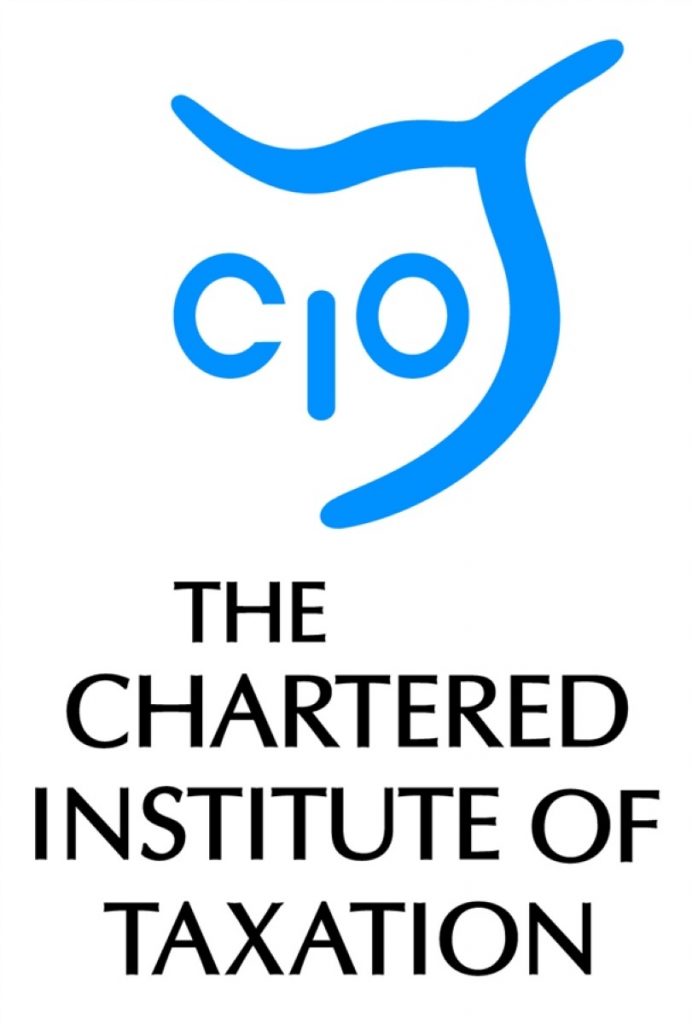Institute scores new Scottish tax powers bill 8 out of 10
The Scottish Government’s Revenue Scotland and Tax Powers Bill (RSTPB) has been welcomed by the country’s leading tax institute. In its response to the legislation, the Chartered Institute of Taxation (CIOT) has stated that ‘few adjustments’ are required to improve the Bill.
The Bill is currently being considered by the Finance Committee of the Scottish Parliament. Representatives of the CIOT will be among those giving evidence to the Committee on the provisions of the Bill over the next two months.
Moira Kelly, Chair of the CIOT’s Scottish Technical Sub-committee, commented:
“We are pleased to report that the RSTPB has been developed in a sound consultative manner. The CIOT met with the Bill team on a number of occasions during its development and consider that the Scottish Government’s approach sets an excellent precedent for future tax policy development.
“We encouraged the Scottish Government to adhere to certain key principles which form the foundation of an effective tax system: certainty, simplicity, fairness, stability and consultation. They have broadly achieved this. However there are some areas where improvements could still be made. Some language remains ambiguous and there is a distinct lack of detail on the rights, duties and obligations of agents and advisers; not all the tax rules relating to penalties appear in the primary legislation.
“The piecemeal legislative approach of ‘tweak here, nip there’ has resulted in thousands of different taxes and a fundamentally uncertain tax system at UK level. Starting from a clean slate, Scotland has an opportunity to learn from the UK’s mistakes, and deliver a genuinely simple and certain tax system.
“Scotland’s newly established taxman, Revenue Scotland, has the potential to evolve in a fluid and dynamic way and avoid becoming bloated with complex secondary legislation. With this Bill the Scottish Government has made a good start to its future in taxation and we look forward to continuing to work with Revenue Scotland to support their work.”
Notes to editors:
1. The Bill can be read and its progress through the Scottish Parliament followed, here.
2. The submission of the CIOT on the Revenue Scotland and Tax Powers Bill can be read in full here
3. The Chartered Institute of Taxation
The Chartered Institute of Taxation (CIOT) is the leading professional body in the United Kingdom concerned solely with taxation. The CIOT is an educational charity, promoting education and study of the administration and practice of taxation. One of our key aims is to work for a better, more efficient, tax system for all affected by it – taxpayers, their advisers and the authorities. The CIOT’s work covers all aspects of taxation, including direct and indirect taxes and duties. Through our Low Incomes Tax Reform Group (LITRG), the CIOT has a particular focus on improving the tax system, including tax credits and benefits, for the unrepresented taxpayer.
The CIOT draws on our members’ experience in private practice, commerce and industry, government and academia to improve tax administration and propose and explain how tax policy objectives can most effectively be achieved. We also link to, and draw on, similar leading professional tax bodies in other countries. The CIOT’s comments and recommendations on tax issues are made in line with our charitable objectives: we are politically neutral in our work.
The CIOT’s 17,000 members have the practising title of ‘Chartered Tax Adviser’ and the designatory letters ‘CTA’, to represent the leading tax qualification.





-01.png)